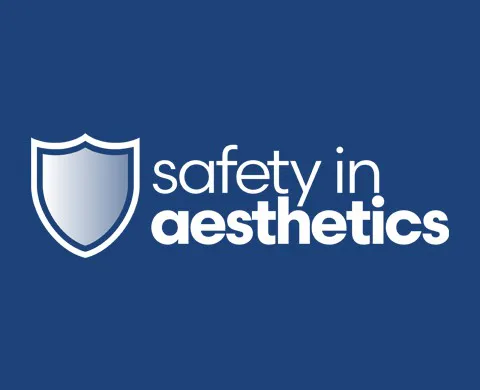The JCCP currently recognises five key treatment areas, each requiring specific qualifications for practitioners to be registered:
More detailed information can be found below.

The JCCP (Joint Council for Cosmetic Practitioners) ensures that all practitioners meet the highest standards by requiring the appropriate educational qualifications for each treatment they provide. The level of qualification needed depends on the complexity and risks associated with the treatment. For example, higher-risk procedures such as dermal fillers, botulinum toxin injectables, and hair restoration surgery demand a more advanced level of training to ensure they are performed safely and effectively.
The Joint Council for Cosmetic Practitioners (JCCP) has clear qualifications and standards for practitioners administering botulinum toxin treatments. The JCCP and the Cosmetic Practice Standards Authority (CPSA) have defined clear standards for the education and training for botulinum toxin treatments. These are defined in the JCCP-published competency framework (2018).
To be registered with the JCCP and practice botulinum toxin treatments, practitioners must meet the following requirements:
By choosing a JCCP-registered practitioner, you can be confident that they have met the highest standards in both education and practice and are committed to providing safe, ethical treatments with a focus on patient care.
The Joint Council for Cosmetic Practitioners (JCCP) has clear qualifications and standards for practitioners providing dermal filler treatments. The JCCP and the Cosmetic Practice Standards Authority (CPSA) have defined clear standards for the education and training for dermal filler treatments and are registered with the JCCP. These are defined in the JCCP-published competency framework (2018).
To be registered with the JCCP and practise dermal filler treatments, practitioners must meet the following requirements:
By choosing a JCCP-registered practitioner, you can feel confident knowing they meet the highest standards in education and competency, ensuring safe and effective treatment.
Skin rejuvenation treatments can be used to address a variety of skin concerns, including fine lines, sun damage, acne scars, and uneven skin tone. By utilising different methods to exfoliate, hydrate, and stimulate collagen production, these treatments can help restore the skin's vitality and improve its texture. The JCCP currently regulates the following procedures for skin rejuvenation:
Adherence to a Code of Practice, ensuring ethical and patient-centred care.
The Joint Council for Cosmetic Practitioners (JCCP) has set clear qualifications and standards for practitioners who perform laser and light treatments, including Laser Hair Removal, Intense Pulsed Light (IPL), and Light-Emitting Diode (LED) therapies. These treatments can address a wide range of cosmetic concerns, such as hair removal, skin pigmentation, acne treatment, and skin rejuvenation. The JCCP and the Cosmetic Practice Standards Authority (CPSA) have defined clear standards for the education and training for laser and light treatments and are registered with the JCCP. These are defined in the JCCP-published competency framework (2018).
By choosing a JCCP-registered practitioner for laser and light treatments, you can be confident that they meet the highest standards in education, competency, and patient care, ensuring safe and effective treatment outcomes.
The Joint Council for Cosmetic Practitioners (JCCP) has set strict qualifications and standards for practitioners performing Hair Restoration Surgery. This includes procedures such as Hair Transplant Surgery and Prosthetic Hair Fibre Implantation. These surgical procedures are used to restore hair in areas where it has been lost or never existed, such as for male and female pattern baldness, eyebrow restoration, post-surgical scars, and other aesthetic needs.
The JCCP and the Cosmetic Practice Standards Authority (CPSA) have defined clear standards for the education and training for hair restoration surgery and are registered with the JCCP. These are defined in the JCCP-published competency framework (2018).
By choosing a JCCP-registered practitioner for hair restoration surgery, patients can be confident that they are receiving care from a qualified professional who meets the highest standards of safety, education, and ethics in the field.